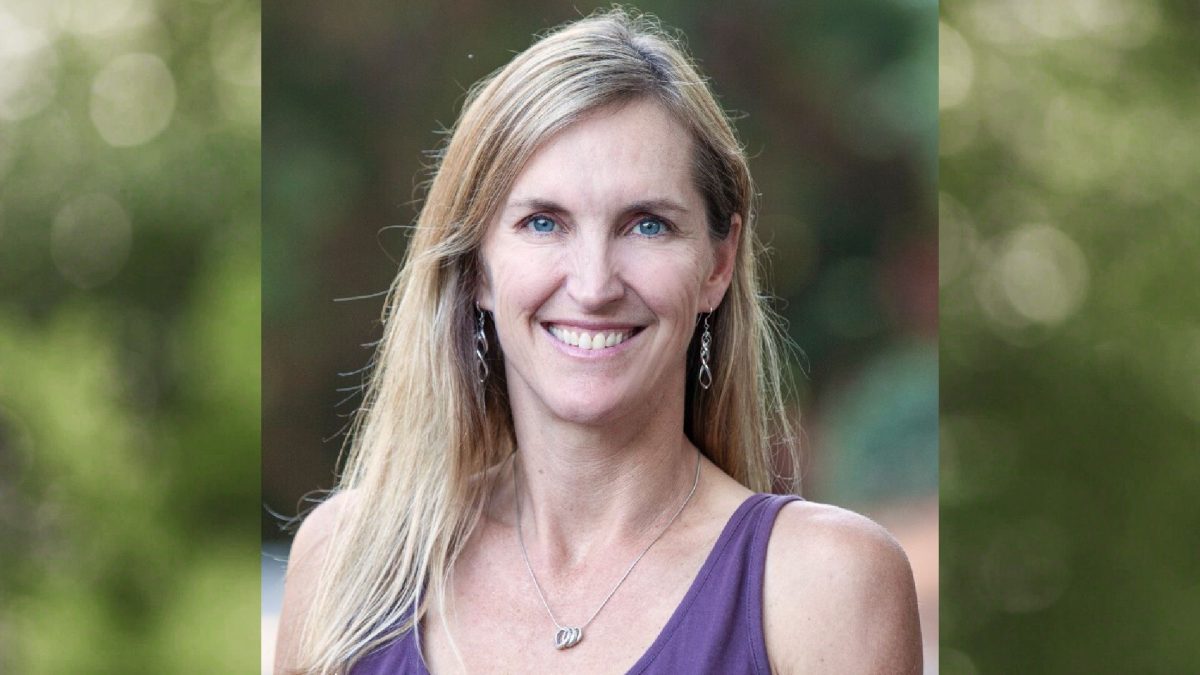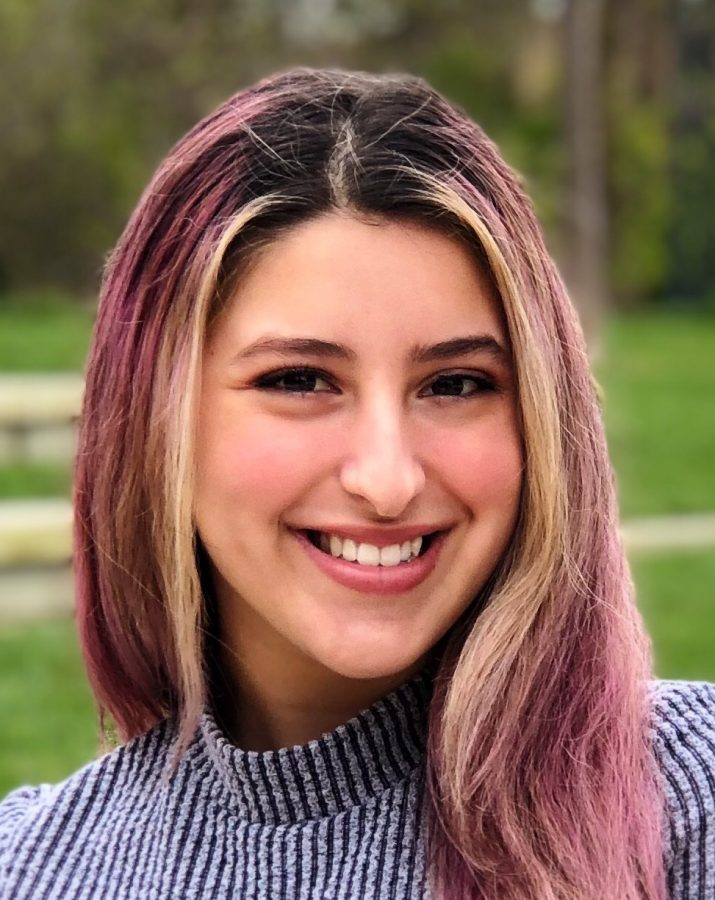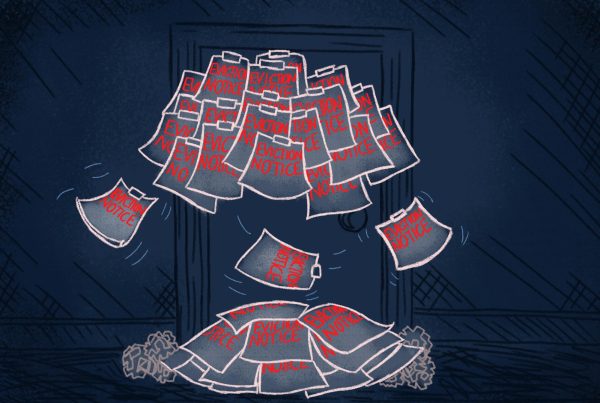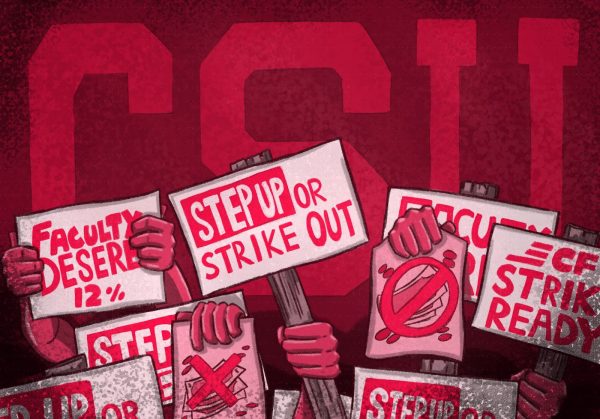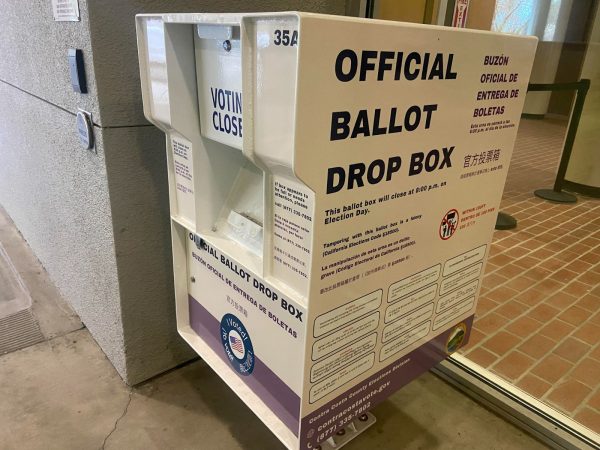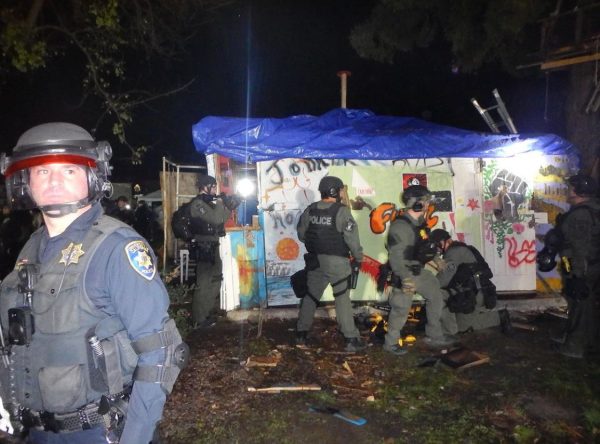ASDVC President leads push to create first campus health center
Yuvia Mendoza, ASDVC president, is leading the charge for a new health center. (Photo courtesy of Associated Students of DVC).
October 9, 2019
Out of 114 community colleges in California, 19 lack a health center. Diablo Valley College is one of them, but Yuvia Mendoza, President of the Associated Students of DVC, intends to fix that.
According to Mendoza, no provisions exist to help students in the event of a simple injury. Now, plans are underway to build the school’s first health center.
“The only thing right now that can be done is to call police services,” Mendoza said, “and if you call them, then they call the ambulance and that’s (about) $2,000. It’s really not affordable for students, even if they have insurance.”
The proposed DVC health center would offer a range of services, including first aid and mental health resources.
Under Mendoza’s supervision, a Health Center AdHoc committee has been founded, with student Karin Pal elected as the chair. The committee meets on Tuesdays from 1 p.m. to 2 p.m. to discuss suggestions about the health center’s location, funding and services.
Currently, locations being considered for the new health center include the Student Union building, Dental Services and a portable building near Police Services. The final decision will be made by the college administration, though no date has been announced.
Funding for the center will come primarily from a mandatory health fee that will be charged to enrolled students. How students get charged is still being discussed, but it’s expected to be less than the statewide average. Rather than the $21 health fee typical at other California colleges, DVC students will be charged $19, according to Mendoza.
The fee, despite being mandatory, will have a few exemptions that will be ultimately decided by the college administration. These exemptions include high school students and students who abstain for religious reasons.
No final decisions will be made until the end of the year when students will have a chance to vote on the health center fee in upcoming ASDVC elections. Other funding, Mendoza said, will be provided through grants such as Family Pact, a federal program that reimburses schools for family planning services.
Mendoza believes that the college is in urgent need of a mental health facility, especially with the recent incidents of racist vandalism that have occurred on the campus. At the moment, only one mental health counselor assisted by three interns is available on the campus with over 18,000 students.
“For 22,000 students, it’s not that many (counselors),” Mendoza said. “We want to try and get a therapist.”
In addition, the health center will offer family planning services at a reduced price.
The health center proposal has received mixed reactions from students, especially regarding the health fee. While some students are open to making this payment, citing the beneficial services to be gained from it, others remain opposed to it.
Emily Robbins, an insured student, said she wouldn’t mind paying the health fee.
“I believe it’s fair to pay, because it’s just another thing that the school can provide to us,” she said. “Even though I have healthcare, I wouldn’t mind paying that small fee so that everybody else can have healthcare.”
Other students, however, do not share this opinion. Tobi Onadeko, also an insured student, expressed her reservations towards the proposed fee. She believes that students with insurance should be exempt.
“It’s not that it is a bad idea… we definitely need (a health center). I just don’t think people with insurance should have to pay,” Onadeko said.
President Mendoza said she welcomes all students to attend the weekly committee meetings to voice their opinions.
“If students want to come to our Health Center AdHoc committee (meetings), they can give feedback as to what they want,” she said.
Most importantly, however, she said that no final decisions would be made without first seeking student approval.






















